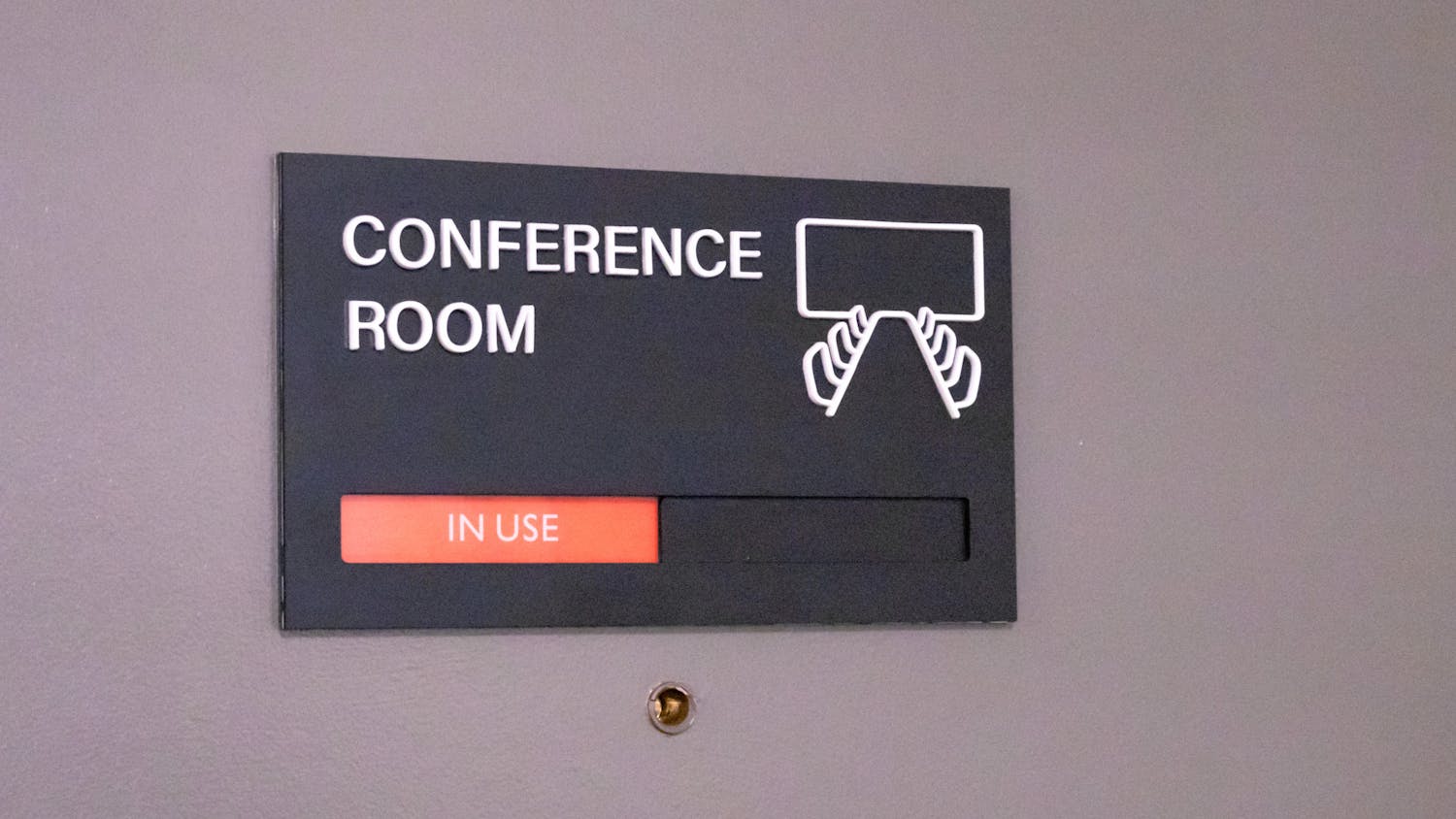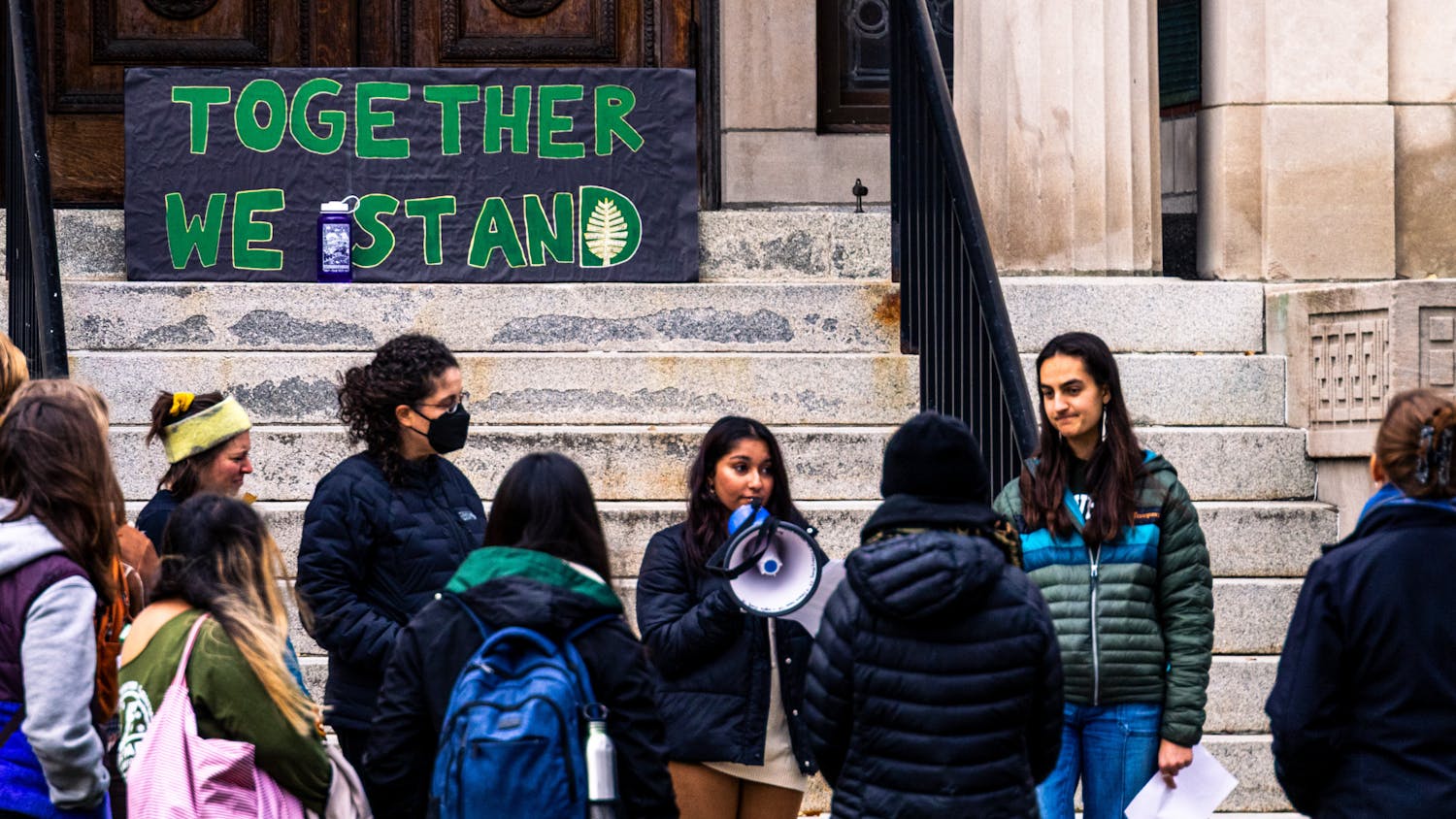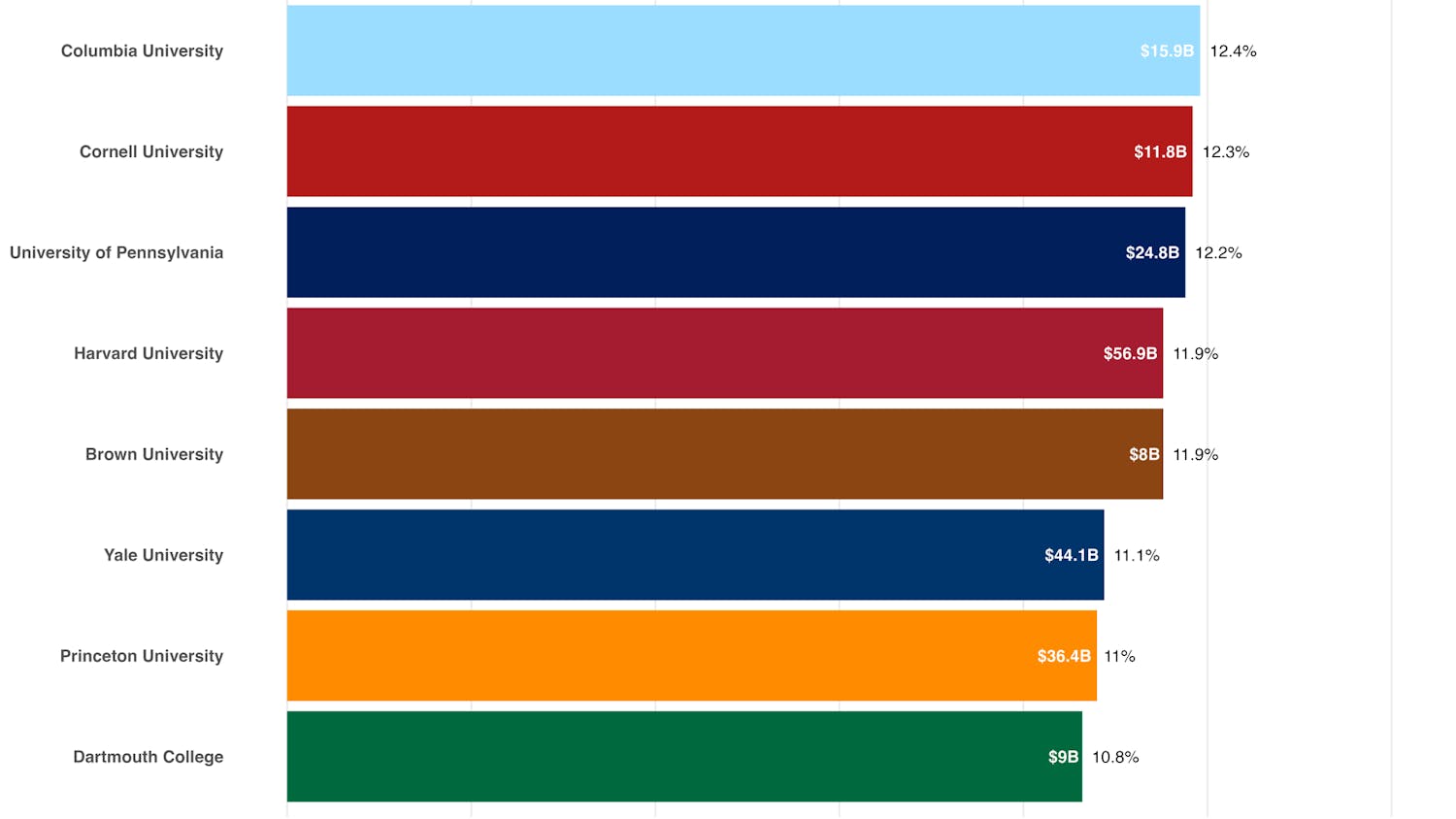A decline in blood donations that began at the beginning of May has resulted in a current shortage of approximately 1,600 units of blood, according to American Red Cross spokeswoman Carol Dembeck. This shortage makes Dartmouth's blood drive particularly salient, co-chair Jeremy Chan '10 said.
"We're actually at half a day's supply for all blood types," Account Executive for the American Red Cross Amy Pudvar-Pecor said. Additionally, Pudvar-Pecor said that types O negative and possibly A negative are in such short supply that hospitals have "put a hold on" their usage.
The situation has neither improved nor deteriorated since the beginning of the shortage, Dembeck said.
While shortages are common in the summer, when many people are on vacation and schools are closed, and in the winter, due to weather concerns, Dembeck said they rarely occur in the spring.
She said the American Red Cross is especially concerned about the current shortage because donations are likely to decrease even further over Memorial Day weekend.
"We are finding nationally that this is becoming more and more of a challenge," Dembeck said. "Blood usage keeps going up and up and up each year ... and less than 5 percent of people who are eligible to give blood actually do."
Dartmouth aims to collect 300 pints of blood over the two days, which amounts to between 350 and 380 individual donors, Pudvar-Pecor said. This target is similar to past goals.
As of 2:30 p.m. Wednesday, approximately 65 people had donated blood, according to charge nurse Mary-Anne Coddaire.
Pudvar-Pecor said she was not worried about meeting her target, emphasizing that over two hours remained in the first day of collections and that more students have historically given blood on the second day than on the first.
Dartmouth's blood drive can have a significant impact, Chan said, because the blood collected remains in the Upper Valley.
"We have a very big role," Chan said.
"Our number of donors can really help the Upper Valley with their blood bank."
Dartmouth's blood drive works closely with the American Red Cross and is run through the Tucker Foundation. There are approximately 20 student volunteers who have been organizing the effort since the beginning of the term, according to co-chair Constantinos Spyris '09.
In addition to these regular volunteers, approximately 120 students from campus Greek organizations help with the drive by registering students and helping to publicize the event.
The process of giving blood takes approximately 40 minutes, with the actual blood collection lasting between five and 10 minutes.
"Giving blood is not very painful," Chan said.
"The number of people that can be saved just by donating once or by donating a few times a year is incredible. Giving once can save three people's lives."




